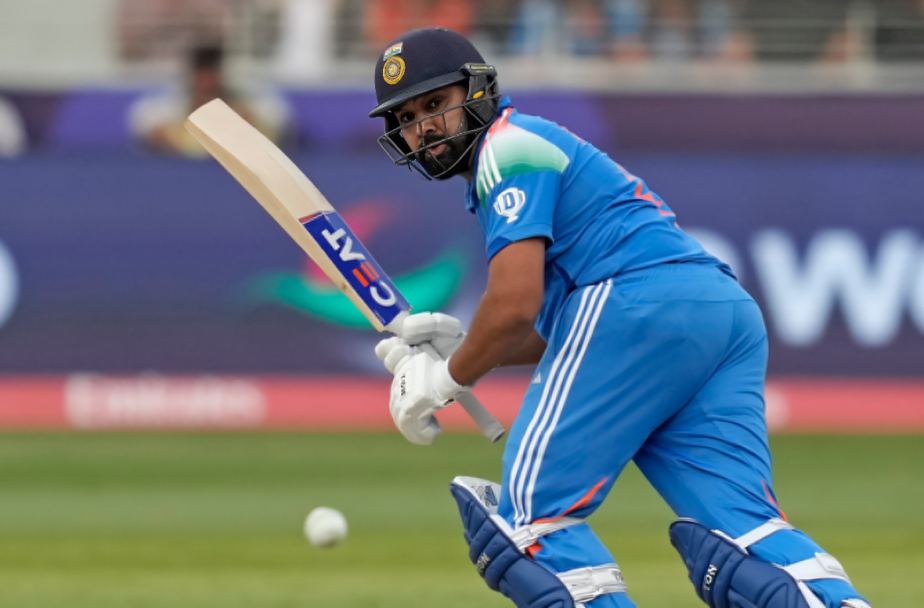Rohit Sharma is relieved after Fakhar Zaman’s injury as it removes a dangerous opener, disrupting Pakistan’s batting strategy. Zaman’s absence reduces pressure on India’s bowlers and gives them the opportunity to focus on other key players. It also leads to uncertainty in Pakistan’s game plan, benefiting India’s approach.
1. Neutralizing the Power-Hitting Prowess
Fakhar Zaman has been a significant threat to many bowling attacks, particularly India’s. His ability to shift the momentum within a few overs, alongside his impressive record of 3,627 runs in 85 matches, including 11 centuries and 17 fifties, makes him one of the most dangerous openers. With an average of 46.50, Zaman’s consistency and impact are evident. His aggressive approach at the top sets the tone for Pakistan’s innings, often putting the opposition under pressure from the outset. This style is especially potent in high-stakes India-Pakistan matches, where a strong start is crucial.
2. Disrupting the Anchoring Role: A Blow to Pakistan’s Stability

Fakhar Zaman’s role in Pakistan’s batting lineup goes beyond his aggressive style. Over time, he’s developed the ability to anchor innings when required, making him a versatile and invaluable asset, especially in high-pressure tournament scenarios. In the Champions Trophy, where each match holds immense importance, Zaman’s absence deprives Pakistan not just of an explosive opener, but of a steadying force in challenging conditions. For Rohit Sharma, this dual loss would be a strategic advantage. Without Zaman, Pakistan may adopt a more conservative approach, allowing India to control the game’s pace and putting extra pressure on players like Babar Azam.
3. Team Dynamics: The Psychological Impact of a Key Player’s Absence

In high-pressure tournaments like the Champions Trophy, team morale is vital, and the absence of a key player like Fakhar Zaman can have a significant psychological effect on the squad. This gap creates an opportunity for captains like Rohit Sharma to exploit the situation. Zaman’s potential absence forces Pakistan to reassess their strategy, leading to confusion and lack of clarity—an opening that a shrewd captain like Rohit would capitalize on. It also allows India to focus their efforts on other key players in Pakistan’s lineup, refining tactics without worrying about Zaman’s explosive presence.
